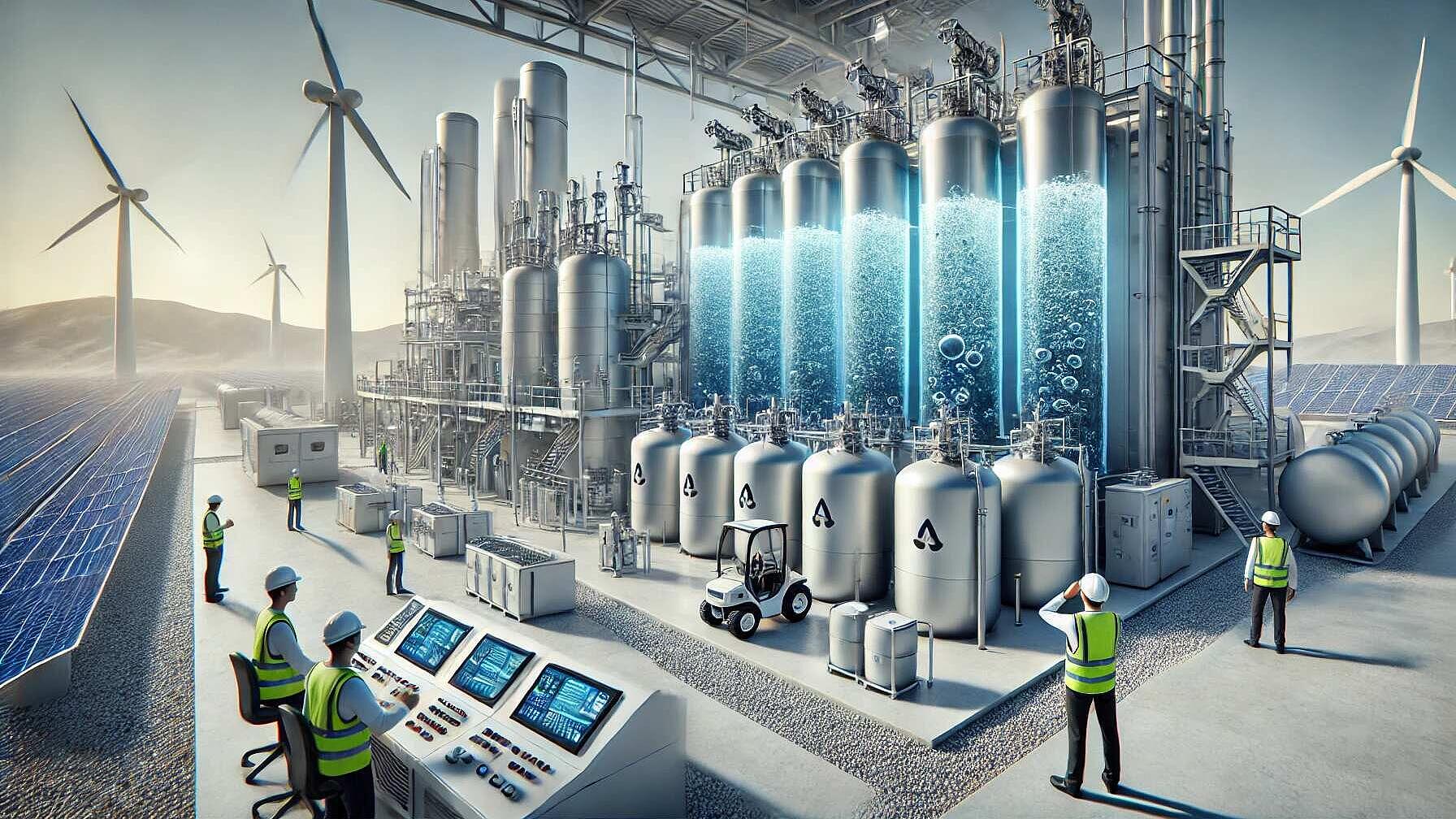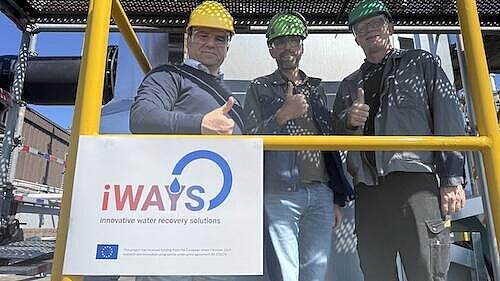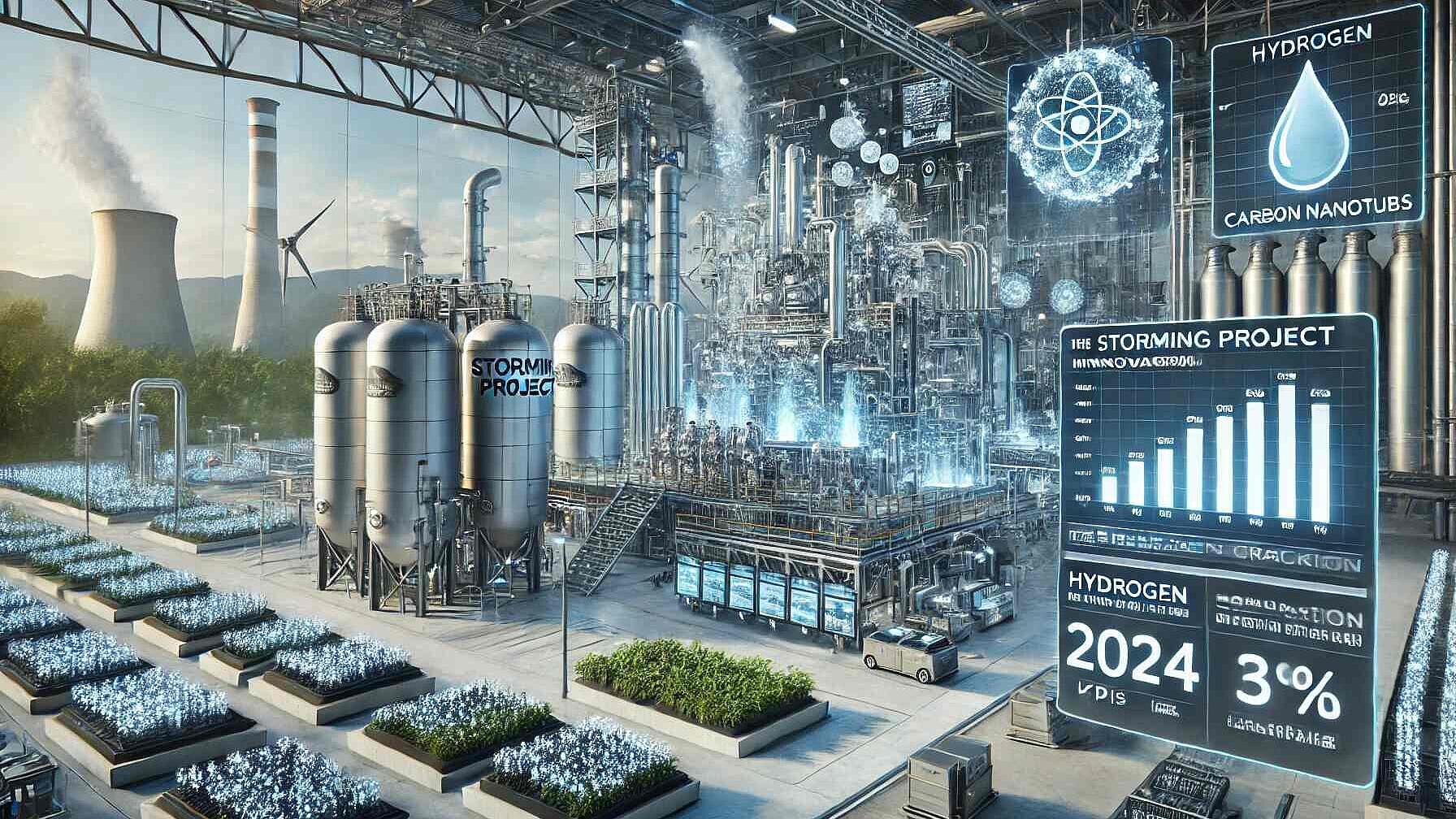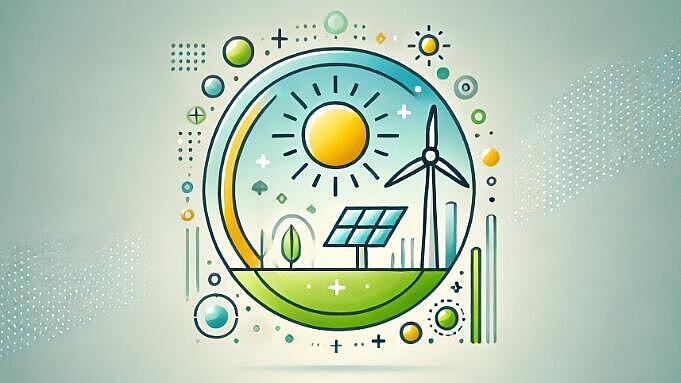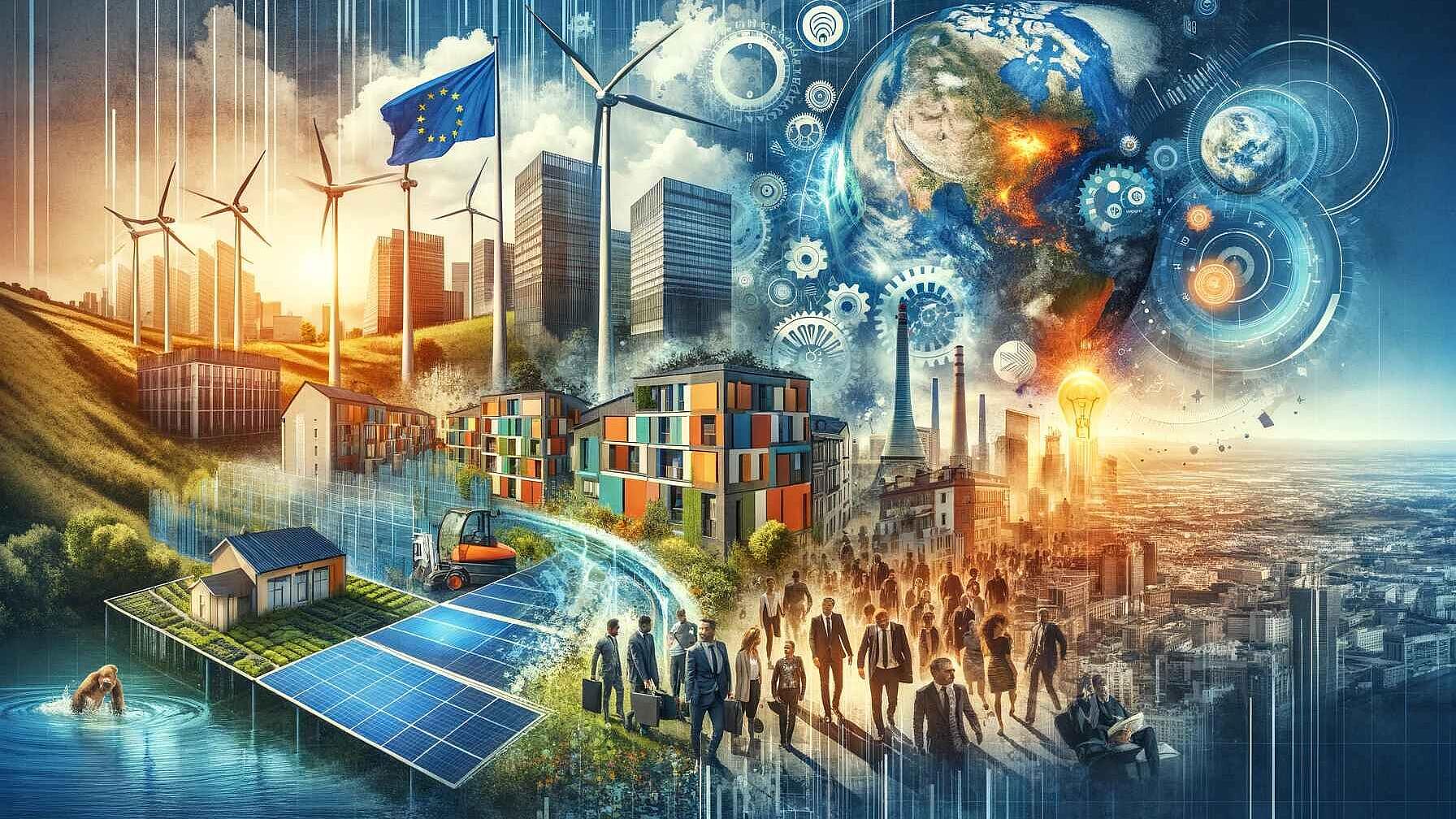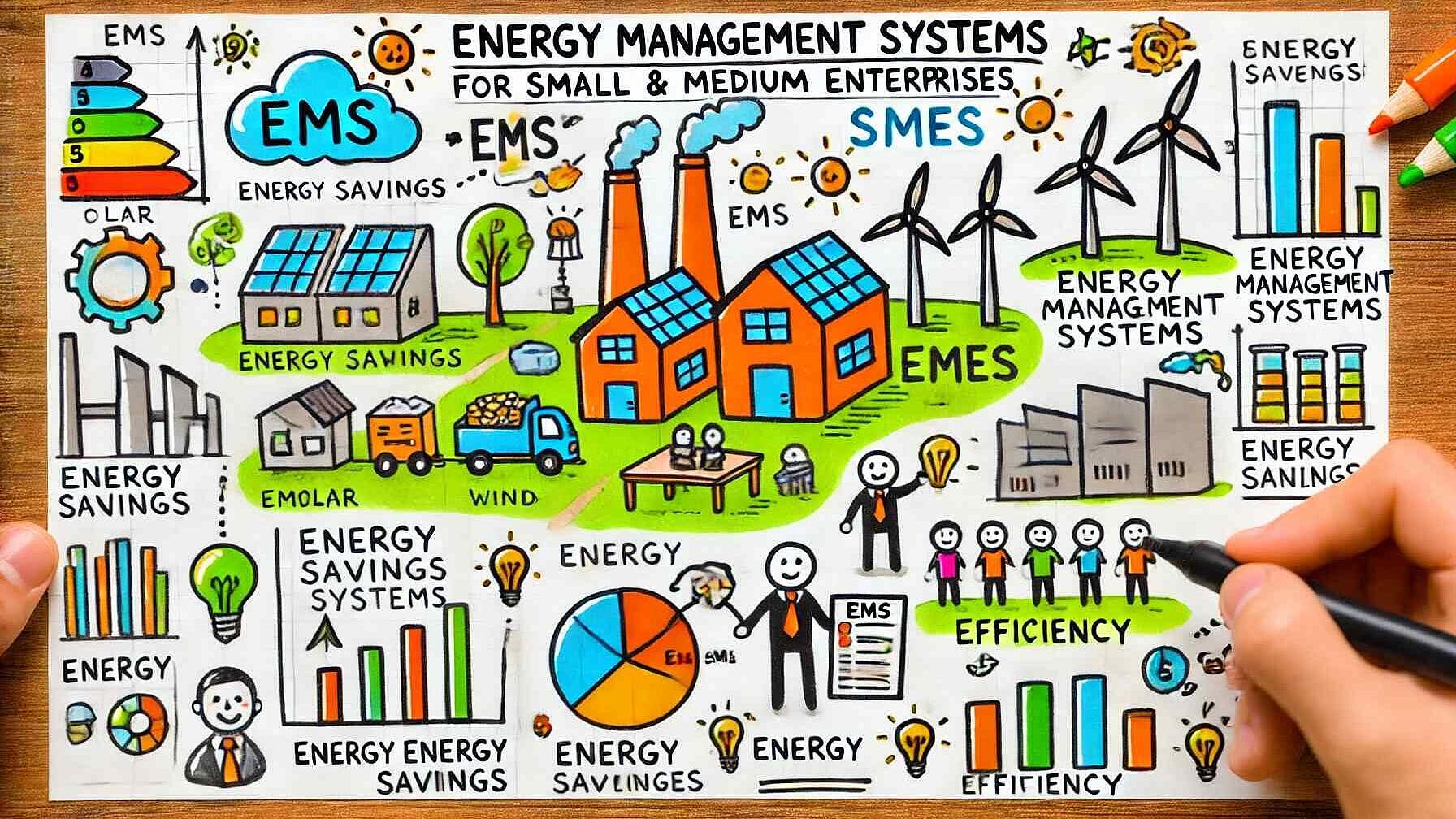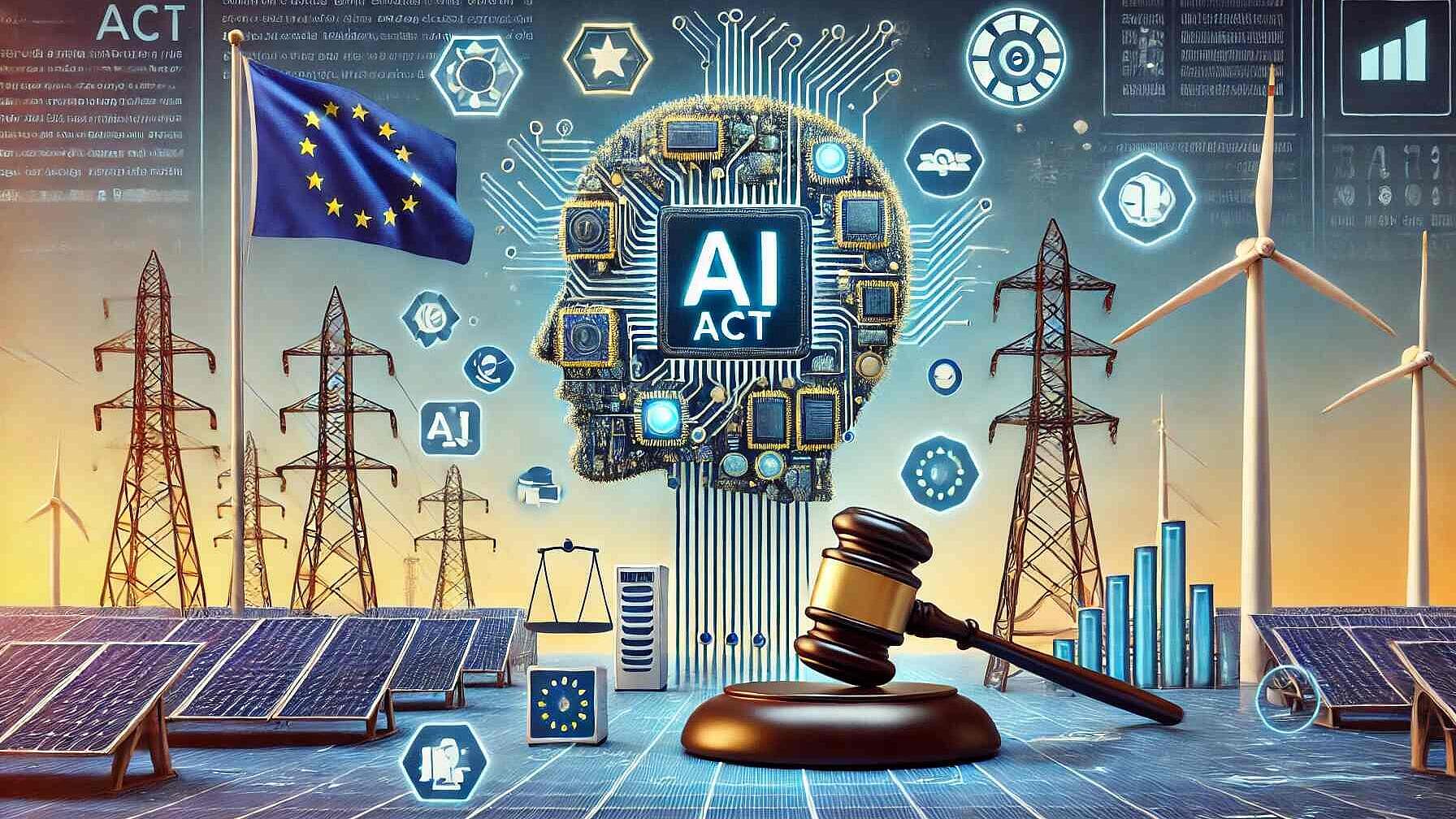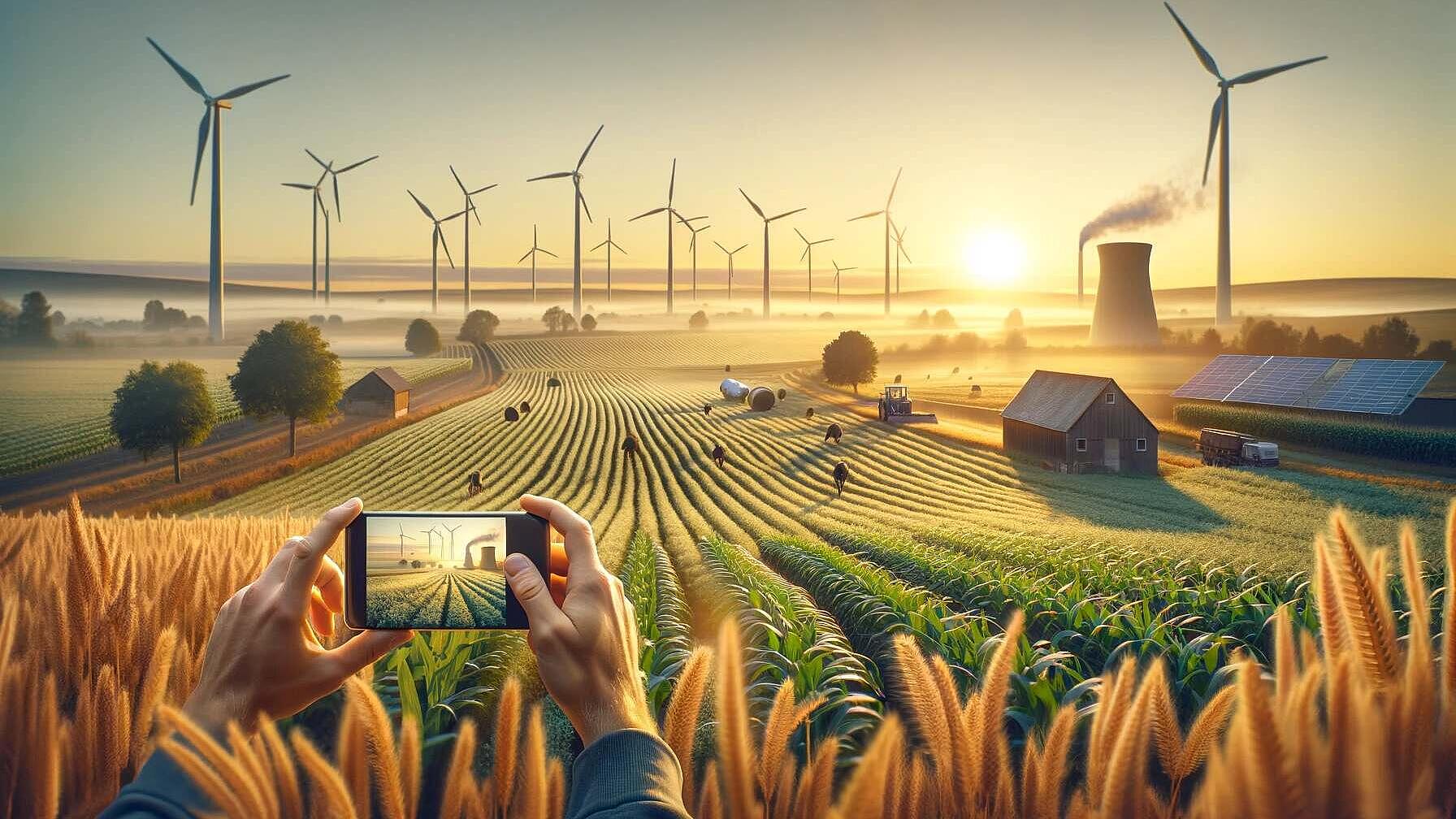 Articles
ArticlesThe article discusses the pivotal role of hydrogen in global clean energy initiatives, emphasizing its importance in decarbonizing sectors where alternative clean technologies are less feasible. Despite a 2.5% increase in demand, largely for traditional uses, low-emissions hydrogen production remained under 1 million tonnes in 2023. However, projections show significant growth in this area, driven by investment and technological advancements in electrolysis. China is leading the growth in electrolysis capacity, contributing significantly to reduced costs and technological deployment. India and Europe are also noteworthy participants in the burgeoning electrolysis market, with Europe seeing a fourfold increase in FIDs for electrolyzers. These developments are aligned with the broader momentum in using hydrogen for a clean energy transition, but are challenged by financing, regulatory, and infrastructural barriers. Hydrogen has versatile applications, including as a direct replacement for fossil fuels in industrial processes and in producing low-carbon steel through DRI processes. Emphasis is placed on the need for infrastructure, like hydrogen hubs, to scale up production. Innovations like the EU’s STORMING project suggest promising advancements in hydrogen production by converting methane into hydrogen while producing valuable materials, with potential implications for the circular economy. By 2030, low-emissions hydrogen production needs to significantly increase, aligning with the IEA's Net Zero by 2050 scenario. The sector offers opportunities for students and professionals, particularly in technology, engineering, and policy. For continued growth, governments must implement stronger demand-side policies and foster public-private partnerships to support infrastructure development and market expansion. In conclusion, hydrogen is positioned to be a key component of a sustainable energy future, provided that production scales up, costs decrease, and market demand grows. With ongoing innovation and supportive policies, hydrogen can serve as a major element of the clean energy revolution.
Read Full articleInnovative system recovers heat, water and material from industrial waste streams
The innovative Heat Pipe Condensing Economiser (HPCE) has been successfully commissioned at Alufluor AB in Sweden, demonstrating that significant heat, water, and material recovery is possible using current materials and knowledge. This milestone marks a major advancement in energy savings in the chemical process industry, showcasing the potential for substantial gains beyond incremental improvements. The project involved considerable engineering and infrastructure investment, leading to an operational capacity of 650kW from exhaust recovery since August 1st, and is applicable across various industries, particularly in regulated sectors.
Read Full articleIntegrating Innovation: The Role of STORMING Project in Aligning with the Hydrogen Pathways Report 2024
The STORMING project innovates in methane cracking for CO₂-free hydrogen and carbon nanotubes production, aligning with Hydrogen Europe's pathways for a sustainable energy transition and offering economic and environmental benefits. Challenges remain in scaling and integration into industries.
Read Full articleTop 10 EU Initiatives for Digitalizing the Energy System: Transforming Europe’s Energy Landscape
The European Union is advancing the digitalization of its energy infrastructure through 10 key initiatives that address data interoperability, grid management, cybersecurity, energy efficiency, and consumer empowerment to support its 2030 and 2050 climate goals. These initiatives aim to create an integrated, sustainable energy system that incorporates renewable energy and encourages innovation, while grappling with standardization and fast-paced digital innovation challenges.
Read Full articleEurope's Energy Transition: Leading the Charge, Overcoming the Hurdles
Europe has become a global renewable energy leader, surpassing REPowerEU targets and reducing Russian fossil fuel imports. Policy frameworks and investments have driven renewable energy growth, yet challenges like high energy costs and regulatory hurdles persist. International cooperation is essential for further advancement.
Read Full articleMayors Leading the Charge: A Deep Dive into the Eurocities Survey
The Eurocities Pulse Mayors Survey 2024 indicates that European mayors prioritize climate action, seek EU support for sustainability, and face funding and housing challenges amidst global pressures. Innovation drives urban transformation, with collaborative governance being crucial for tackling complex, interconnected issues.
Read Full articleEnergy Efficiency Or How SMEs Can Revolutionize Their Bottom Line
SMEs overlook 10-30% energy savings due to incomplete audits and complex consumption patterns. Adopting EMS offers cost reduction, improved productivity, regulatory compliance, and enhanced reputation. Barriers such as perceived costs, resource constraints, and lack of commitment hinder EMS implementation. Technology aids effective energy management, with smart meters and IoT enabling real-time data tracking. Best practices include starting with energy audits, setting reduction goals, and engaging employees. Successful EMS adoption in SMEs contributes to carbon emission reduction and energy transition goals, aligning with EU support for SME recovery and innovation.
Read Full articleThe AI Act: Shaping Europe's Digital Future and Transforming the Energy Sector
The EU's AI Act introduces a risk-based AI regulation system, banning high-risk practices and enforcing strict requirements for market placement. It includes obligations for both in-EU and foreign entities affecting EU citizens and establishes a governance framework for consistent application, promoting ethical and trustworthy AI development through detailed standards and best practice codes. Significant penalties ensure compliance, while tailored provisions support SME innovation, all impacting broad sectors, including energy, where AI-driven efficiencies require adherence to these new regulations.
Read Full articleFeeding the Future: Navigating Europe's Journey to Sustainability
The "From Farm to Fork" strategy under the European Green Deal sets ambitious targets like reducing pesticides, increasing organic farming, and halving food waste by 2030. It emphasizes environmental health and economic benefits, advocating technological innovation and stronger global partnerships for sustainable food systems.
Read Full articleInnovative financial solutions to fight energy poverty
How social housing associations and EU projects are using innovative financial and solidarity mechanisms to combat energy poverty, emphasizing the dual benefit of social welfare and environmental sustainability through the refurbishment of buildings for energy efficiency.
Read Full article